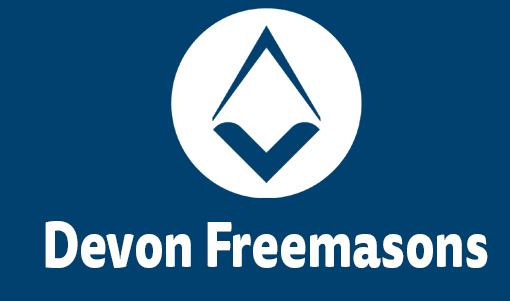Geneology

Freemasonry, like many other ancient organisations keeps records of its proceedings dating back (in some cases) more than two hundred and fifty years. The minute books of individual Lodges can in some instances give a fascinating insight into not only the way a Lodge was run at that time, but sometimes they may also document notable events in history that have had an impact on its members e.g. Coronations, outbreak of war etc.
Many genealogists assume that these records can further research into their family history. Unfortunately, this is not always the case as Lodge minute books record the history of the Lodge – not necessarily its individual members. Lodge records will normally only record the basic details of individual members at the time of joining, such as name, address, occupation, date of birth, and the names of those members who supported his application. During his Masonic membership, other information may be recorded if the member became Master of the Lodge, received a promotion to higher Masonic rank and the date of his resignation or death.
This Provincial Office receives many requests for information from people researching their family trees and is willing to help where it can, but it is only the efforts of one or two willing volunteers that enables this to happen. Often, the information held at this, the Provincial (or county-wide), level contains just basic details – usually no more than is found on Census returns; further information can sometimes be held by individual Lodges, although when membership of many Lodges exceeded 100, as it often did in times past, detail is likely to be sparse. Additionally, the records of some Lodges, especially those in Plymouth, were damaged or lost in their entirety due to bomb damage during the Second World War. No information can be supplied concerning members or former members who are still alive.
The Library at Grand Lodge, Freemason’s Hall, 60 Great Queen Street, London WC2B 5AZ, holds records on all members of the Craft. We are advised that members of the public are currently unable to visit the Library to conduct their own genealogical research, but the Library undertakes such research on the enquirer’s behalf. If the name or number of a lodge that a man belonged to is known there is no charge, but if this information is not known the research is undertaken on payment of a search fee. The charge for such research is £30 per name and this charge is not refundable in the event of a negative result. In the case of a negative result we cannot say for certain that a man was definitely not a Freemason, since it may be that he was and the return with his name on did not reach London.
Genealogical Search Forms are available from the Library’s Enquiry Desk and can be posted to enquirers on request. The minimum information required in order to begin a search for an individual is a man’s name and an indication of when he was alive. If the man had any middle names this information can be very useful in helping to identify an individual in the indexes, particularly if he had a reasonably common name. Dates of birth and death are desirable and information about a man’s occupation and where he lived can also be very helpful. The index to the majority of the membership records for the nineteenth century is arranged by place, consequently any information concerning a man’s residence can be crucial when trying to trace him. Requests for genealogical information are dealt with in chronological order of receipt and an enquirer should receive the results of the research within 6 – 8 weeks.
Provincial Grand Secretary
